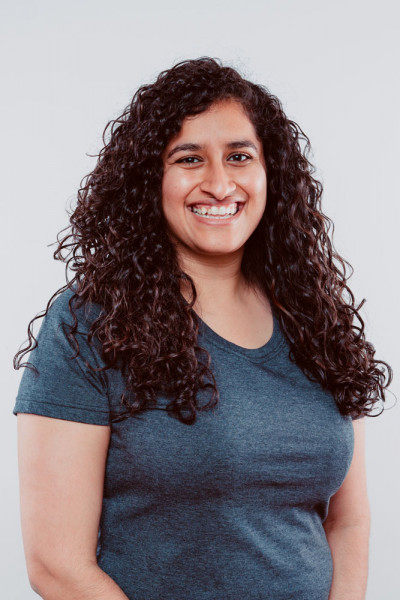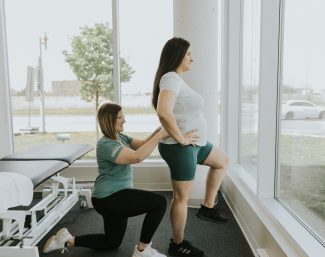
For most people who are infected with COVID-19 virus, their symptoms will resolve within 2-4 weeks. But for up to 15% of people affected, they may continue to have symptoms over 12 weeks after their initial diagnosis! This is what is now being referred to as Long COVID.
Common symptoms of Long COVID
We do not yet understand what determines if a patient will or will not develop Long COVID. The most common symptoms are fatigue, dyspnea (difficulty breathing), shortness of breath, cardiac arrhythmia (abnormal heart rhythm), anosmia (loss of smell), ageusia (loss of taste), headaches, memory or concentration problems, anxiety, depression, myalgia (muscle pain), gastrointestinal problems and many more. Some research studies have shown up to 50 different symptoms related to Long COVID.
Although there is no cure, your health care professionals can help you learn to manage your symptoms. This is often accomplished through breathing exercises, energy conservation techniques and a better understanding of what triggers your symptoms. Your treatment plan needs to be personalized to your needs and may vary from one treatment to the other.
A multidisciplinary approach for personalized care
Long COVID is often treated by an interdisciplinary team. What this means is that you will be followed by multiple different health care professionals that have varied expertise. Some examples of health care professionals that could help you manage Long COVID are your family doctor, physiotherapist, occupational therapist, social worker, and psychologist. So don’t be surprised if your health care worker recommends that you see a different professional to manage your condition based on the symptoms you are presenting with!
Did you know that the CISSS de la Montérégie-Ouest offers treatments for Long COVID clients? Aditi Kapoor, clinic owner and physiotherapist, has been a part of their pilot project since May 2021 and has been working on developing an expertise in respiratory physiotherapy for helping people with Long COVID!





